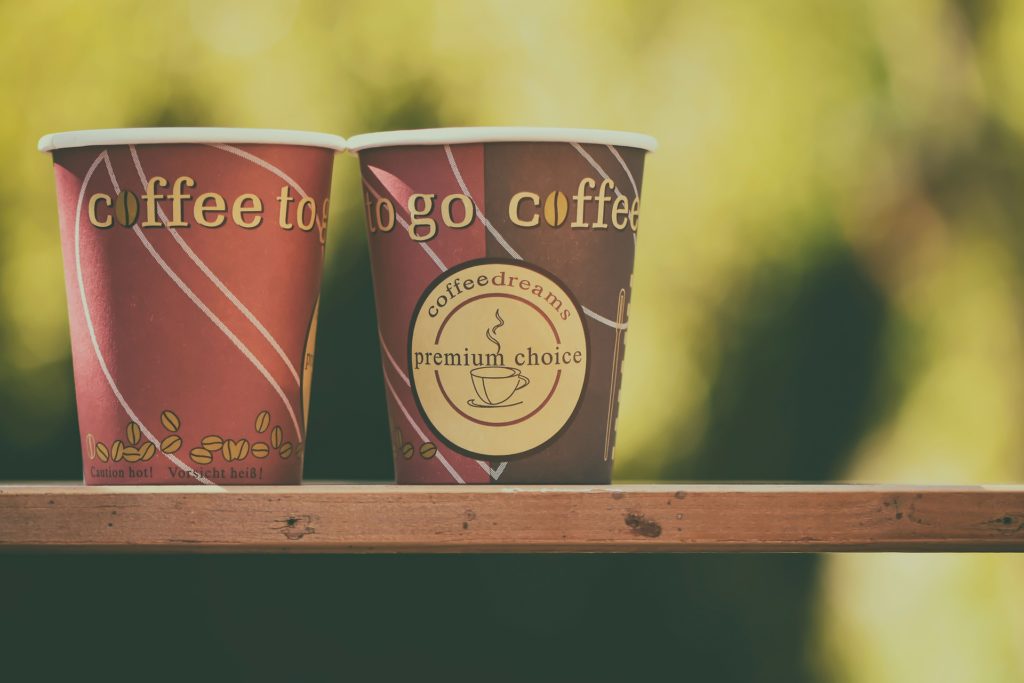Has climate change fallen off the public agenda due to the coronavirus pandemic? According to Birkbeck’s Dr Pamela Yeow, it’s more relevant than ever. She explains her latest remote research project exploring ethical consumerism.

Amidst the current coronavirus pandemic that’s engulfing our global consciousness, one may wonder if research to do with the United Nations Sustainable Development Goals (UNSDG) is a tad too irrelevant and insignificant.
After all, coffee chains, which had previously encouraged customers to bring in reusable mugs (and in return benefit from a discount), no longer allow such practices to help tackle the spread of the global virus.
However, it has been shown that during this pandemic, issues surrounding climate change and sustainability have continued to be raised. Global records have demonstrated that carbon emissions have reduced as a result of lockdowns worldwide and many reports suggest an increase in birdsong, brighter and clearer skies, cleaner air and less pollution.
So it is clear that research to do with sustainable consumption should be as relevant as ever and it would be interesting to see, in a live experiment (given that we are living through it as we write), how consumers behave and react to embedding sustainable consumption patterns.
Just before the lockdown in the UK, my colleagues and I were awarded an Eastern Arc grant to run a pilot workshop on understanding sustainable ethical consumerism from the householder’s perspective. In particular, we were keen to address the UNSDG 12.5 which states “By 2030, substantially reduce waste generation through prevention, reduction, recycling and reuse.”
Previous research that we had conducted concluded that “both individuals and institutions play a significant interaction role in encouraging a sustained behavioural change towards ethical consumerism”. We suggest that embedding behaviour is a gradual process. one with a series of stages and factors that can impede the transformation of attitudes into behaviour.
This time round, building on that understanding of processes and journeys, we were interested to understand the householder’s journey toward ethical consumerism and whether there would be any clarity in how they might embed and substantially reduce waste generation through prevention, reduction, recycling and reuse.
The UNSDG website states that “The current crisis is an opportunity for a profound, systemic shift to a more sustainable economy that works for both people and the planet...COVID-19 can be a catalyst for social change. We must build back better and transition our production and consumption patterns towards more sustainable practices.”
Our research project aims to consider how we might begin to embed these practices by understanding where householders are now. As researchers, we too have had to adapt due to COVID-19: instead of hosting a workshop to answer our questions, we’re asking participants to keep a photo journal of single use plastics in the home to better understand how these items are entering the household and to promote awareness among users of their consumption habits.
This project is still in the early stages, but one thing is clear: more needs to be done to promote sustainability rather than less. We need to continue to understand behaviours and attitudes toward sustainable consumerism so that we can build a better, more sustainable economy and society for us and the future generations.
Dr Pamela Yeow is a Reader in Management at Birkbeck and Course Leader of the Central Saint Martins Birkbeck MBA.
Further Information:
